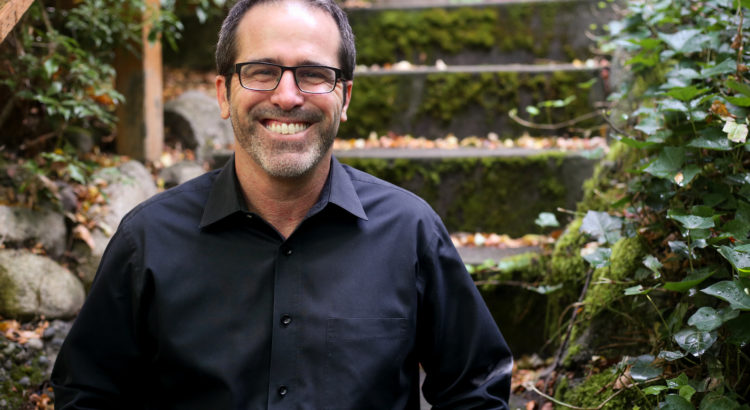by Dominic Corva, Executive Director
Warning: really nerdy post.
I’m a political geographer by training and experience, living outside the usual institutions that house such people. I chose to start this NGO, but that decision was made in a context of what work was not available to me doing this kind of research, in academia. I recognized that a survey of the landscape was necessary to “make visible” the interdisciplinary subject of cannabis and society.
It was one of those things that doesn’t fit neatly into my home discipline of Geography, for example. There was a broader “drugs and society” research agenda in Sociology, Anthropology, and what I would call Political Economy programs. But not really Geography. And to convince hiring committees that this was the direction I wanted to go proved to be a fruitless task.
But there were people interested, and I believe the main accomplishment of my dissertation was to finally convince my advisor that this was not only an important subject of modernity, but that it belonged in the Geography literatures. And there were others doing work that was stumbling across it, like the time another advisor did a rural poverty project in Eastern Washington with a notable publication that said nothing at all about the fact that the people she was studying were illicit pot farmers from the countercultural settlement out there.
Which is all to say that CASP was created to fill that gap, to build bridges to institutional academia where information about cannabis and society could cross. The main project for this is that I’m co-editing an academic handbook on the subject with a colleague at Humboldt State University who is not Tony Silvaggio. We haven’t discussed public announcements of it because we’ve been busy identifying and working with over 30 authors who will be contributing chapters for five interdisciplinary “cannabis and society” subjects.
They are interdisciplinary — well, really transdisciplinary — because they are research agendas that many social science disciplines have in common, and often with overlapping literatures. They are:
Governance
Cannabis prohibition is a form of governing society. It is a major subject of politics, and we are experiencing a transition from global prohibition to what I call “post-prohibition,” legalization with, not after, prohibition.
Markets and Society
Prohibition markets were, and remain, dynamic and significant sectors of the informal economy — the movement of cash and goods outside the engines of data collection and, relatedly, taxation. Medical markets changed the demographic makeup and geographic commodity chains of prohibition markets, and now legal — regulated and taxed — cannabis markets are evolving their own characteristics, always interconnected with medical and prohibition markets in some way.
Ecology and the Environment
The complexity of the post-prohibition market landscape (prohibition, medical, legal) shapes the complexity of the post-prohibition environmental picture, since all these markets have similarities and differences for how cannabis is grown. In rural California national parks, large scale guerrilla grows can do a lot of damage to ecosystems. Urban characteristics include significant draws on the power grid. These are just two examples, but you get the idea.
Public Health
The legal and prohibited use of Schedule I drugs is a societally significant public health issue. First of all, cannabis prohibition in its modern form exists legally to protect public health. That this decision was taken without public health evidence tells us something very interesting about the politics of health. My interviews with Dr. Ethan Russo July 2018 will be a contribution to this section. It is tentatively titled “Public Health and Prohibition Culture.”
Culture and Social Change
There’s an old culture — several old cultures, including medical — getting crowded out, sometimes killed off, by new ones. The new ones are older, more middle class, more female, more “lifestyle brand,” more capitalist. The old ones were countercultural and, I think, younger. The cultural stigma at the heart of prohibition’s value system is becoming more clear in legal contexts, as well, when policies happen not because cannabis is prohibited formally but because people, polities and locales desire to prohibit.
So that’s it — a formal description of CASP’s academic agenda because it’s being developed as a framework for an academic handbook. We do other things, though, including but not limited to:
- Reviewing journal articles sent to me as a subject matter expert. The most recent one was from Ethnobiology.
- Presenting, moderating, and hosting academic conversations. My favorite example of this was the Portland dispensary tour for a sociology conference.
- Giving introductions to the landscape for graduate students with interest.
In sum, CASP is an NGO bridge to institutional academia on the interdisciplinary subject of cannabis and society. It’s where I came from, and I want to make space for people to carry on research in the social sciences because it’s important that people, including policymakers who care about evidence-based research, have access to information about legal cannabis subjects that take into account still-powerful tendencies of prohibition.
